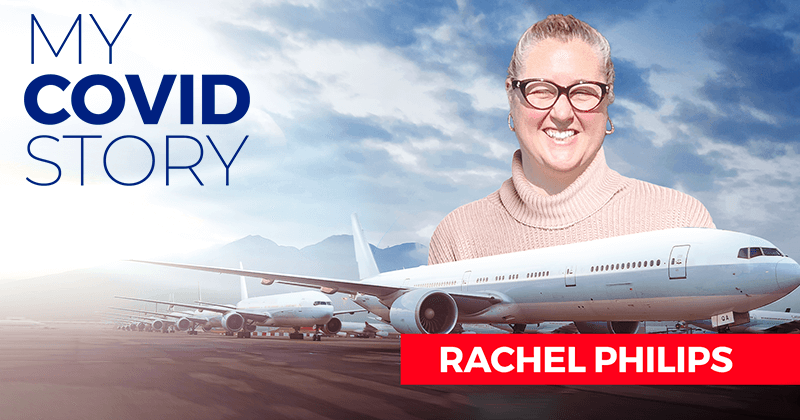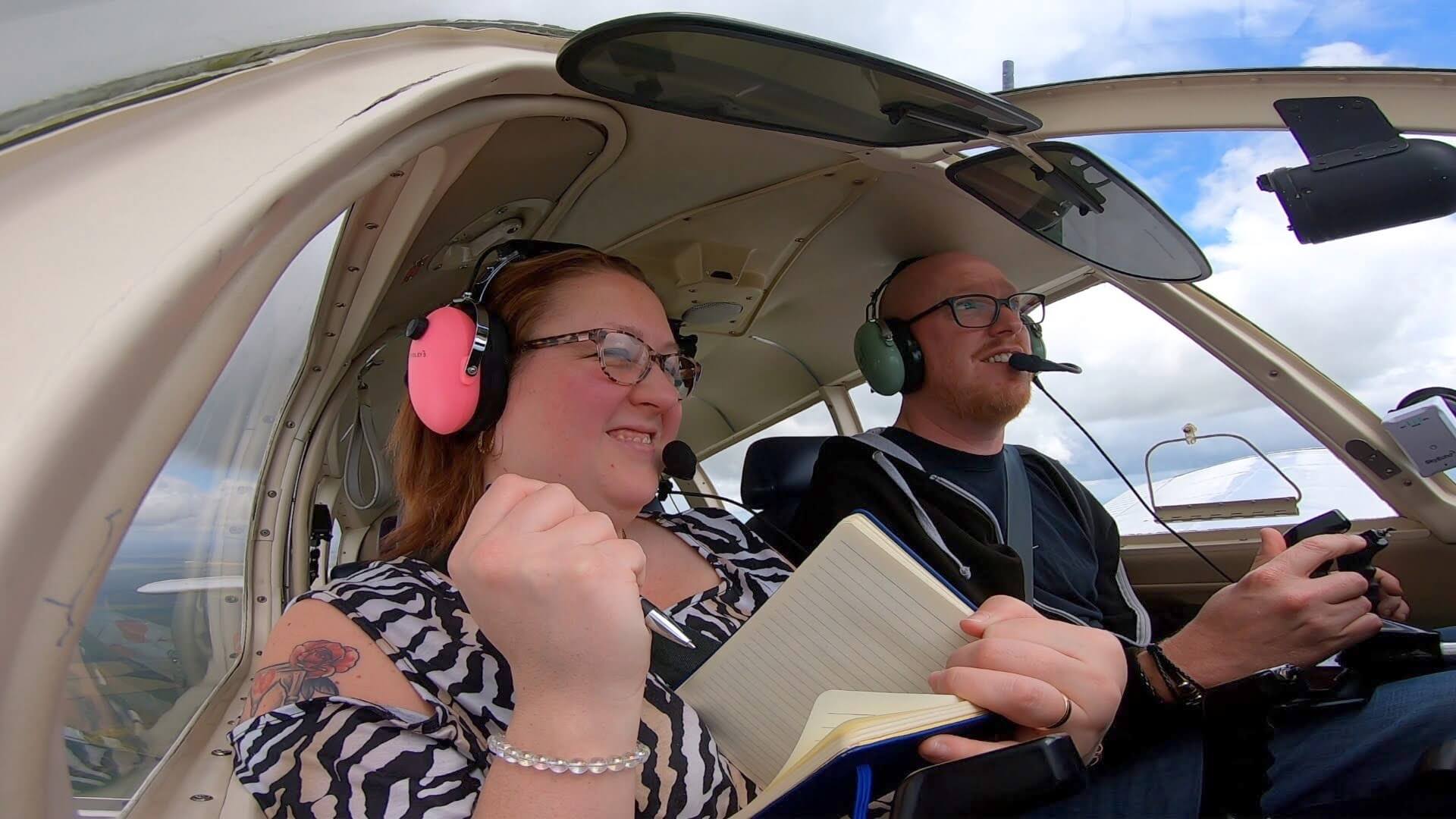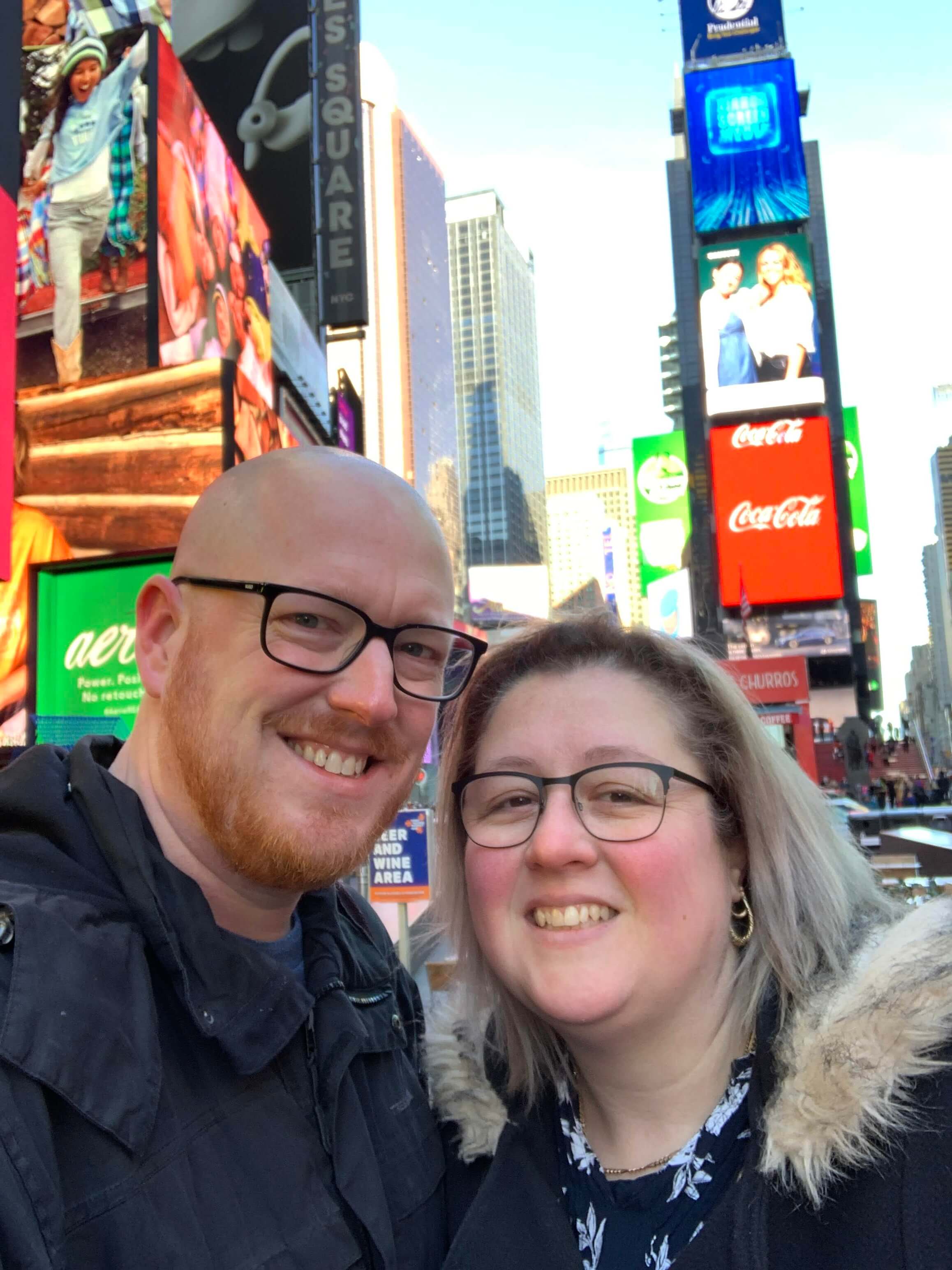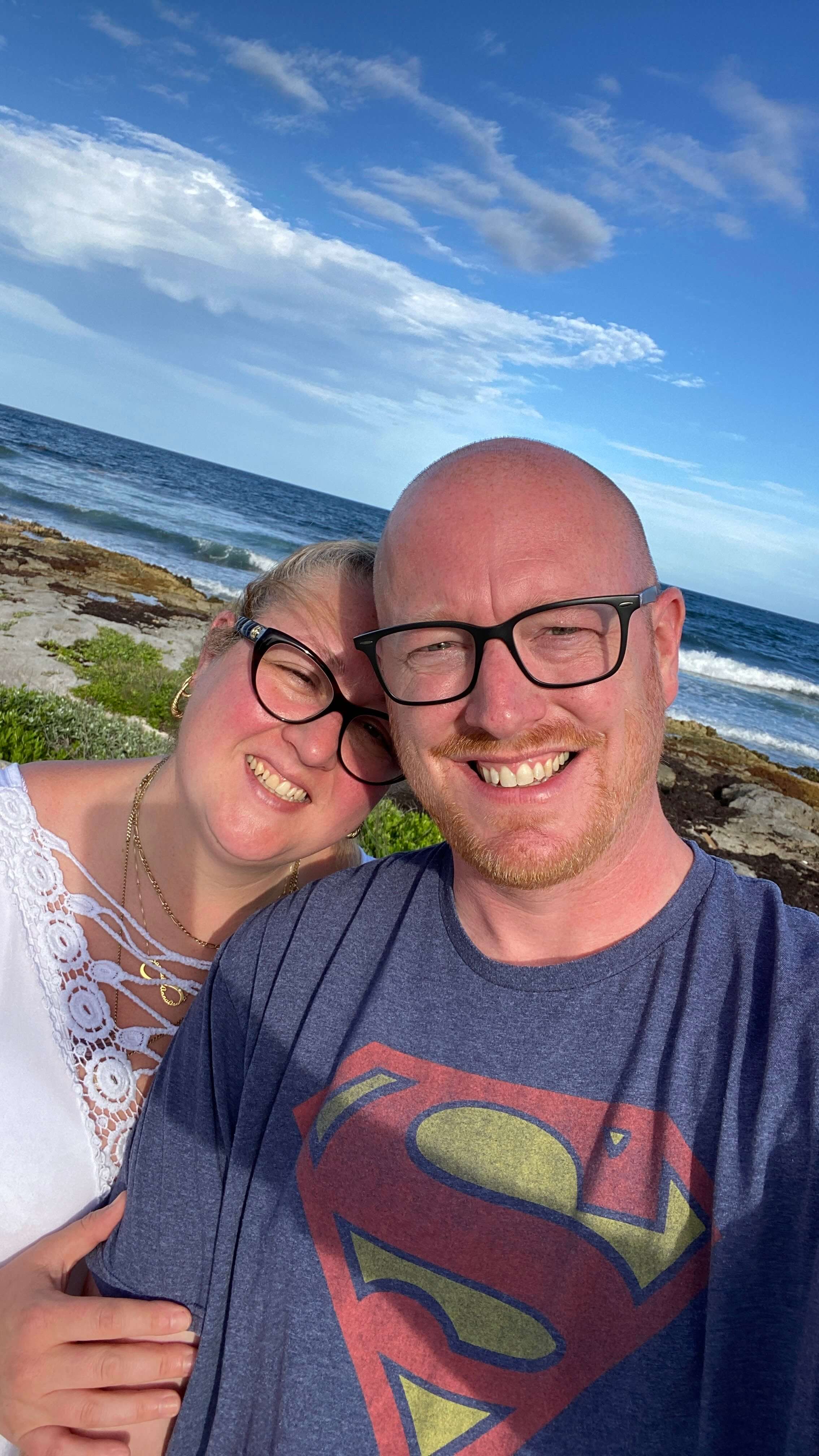By Rachel Philips
Travel blogger
Traveling is something that people are blessed to be able to do. Traveling with disabilities, even more so. I’ve had a love of travel for as long as I can remember, dreaming of distant shores.
When I was 20, I made the decision to give up everything to spend a year traveling around Australia. I said goodbye to my work colleagues and my family, sold my car, and boarded a flight to Sydney with the intention of working there and ‘finding myself’. My story began as all good stories begin – brightly and positively. But the ‘heroine’ didn’t quite follow the standard storyline. Within a month of arriving in Australia, I was a survivor of a traumatic, targeted burglary, leaving me penniless and identity-less on the other side of the world. What a start to my traveling career.
On my return, I picked myself up and started over, including meeting my now husband, Noel Philips. Over the next few years we were lucky to travel extensively around the world, spending time in the USA, Asia, Australasia and Europe.
In 2012, my life changed when I was diagnosed with a condition called Fibromyalgia. This is a condition which causes pain all over the body, extreme tiredness and fatigue, and mental ‘fog’, among many other issues. It was a devastating blow – I’d led a very active lifestyle, traveling around the world and enjoying some amazing adventures. Now, I was scared I’d never be able to get on board another plane, let alone do anything when I got to the other end.
Over time, and with much patience from my family, and much persuading from Noel, we began to realize that traveling with disabilities wasn’t totally impossible, and assistance was there (most of the time) – we just had to ask for it. Over the next few years, we managed to make a few trips as a family to different destinations. But it soon became clear that all airport assistance is not created equal, and in some parts of the world you’re lucky to have a wheelchair available, let alone someone to push it.
This meant solo travel could be all but impossible, without any guarantee that you’d even be able to get through the airport and onto the plane.
In March 2020, we bit the bullet and Noel booked me a solo weekend away to Seattle, Washington. The last time I’d been there I’d fallen and damaged my ankle, leaving me unable to stand for the remainder of the trip. This time I’d hoped it would be different, and was very excited to see the places I’d missed last time. Having successfully made it to Seattle, and being lucky to get assistance through both airports, I arrived in a rainy Washington state (who knew it rained in the Pacific Northwest?). The rain wasn’t the only problem, however. It soon became clear that Seattle was one of the first hotspots of the new coronavirus.
The longer I spent in Seattle, the more places closed their doors. First tourist attractions, then restaurants, then shops. Within just a few hours, they weren’t the only places that closed their doors, the entire country did too.
When I checked the messages on my phone, I found out that the USA had closed its borders to the UK and Europe. There were hundreds of messages from concerned fans of Noel asking what I’d do now I was stuck in the USA. It was the middle of the night back home, and without any context and unable to speak to Noel I started to panic. At some point I managed to get hold of him and he reassured me that it was only entering the country that would be stopped, anyone who was over there already would be able to get home without any issues.
While I really appreciated people’s concern, I wished they’d messaged Noel instead of me. The trip had been nerve-wracking enough as it was, and now I’d received messages from people not understanding the situation which sent me into a blind panic on the other side of the world.
After finally making it home, it quickly became apparent that this was going to be a global event. For six months I didn’t leave the UK. While Noel was away working I stayed home, not only running the business but also becoming a full-time teacher to our two children.
Traveling again felt very daunting, not least because of the knock-on effect that COVID had on the airport assistance I’d come to rely on so much. Airports barely had the staff required to function as an airport, let alone the capacity to support those needing a little assistance.
In 2021 we were lucky enough to be able to travel to the United States. After two weeks in Mexico, we arrived at the deserted international terminal at Hartsfield-Jackson Airport, Atlanta, with two children and two disabled parents in tow. On arrival in Atlanta there wasn’t a single member of staff to help with the airport assistance we’d booked. Noel managed to grab some wheelchairs, and it took more than an hour of pushing one wheelchair at a time and Noel running back and forward through the airport before we’d all made it to immigration. We eventually ran into a member of staff who told us that the assistance team had been reduced to just a couple of people during COVID, and that was the reason we had no airport assistance. After getting through immigration, we discovered that the buses to the hotels were no longer running from the international terminal, and therefore we’d have to take a bus three miles in the opposite direction to catch another bus back to the hotel.
We flew numerous times out of Atlanta during our stay there, and on only one occasion were there any members of staff available to help with the airport assistance. The story was repeated each and every time: the staff had been laid off due to COVID and there was nobody available.
A few months later, and the world was getting back to normal. Travel was resuming, and we traveled to Malta for a conference from Leeds Bradford Airport. As we were traveling through the airport, we noticed that one of the wheelchair pushers had a badge showing his job title as ‘airport duty manager’. We asked him why the duty manager was pushing wheelchairs, and it seemed the story had been very similar to the situation in Atlanta. Most of the assistance team had been laid off, and they were now struggling to replace them. The team had gone from almost 40 staff pre-COVID to just a handful, and employees were being called in from across the airport to try and minimize disruption.
While COVID crippled the world of travel for so many, some passengers were disproportionately affected, and sadly those who depend the most on having staff to help them through the airport ended up without the assistance they depend on so much. I was lucky to have support from Noel on each occasion I flew. But what about those passengers who depend entirely on a little help to get through the airport? How many people missed their flight connections?
While airports are restarting their services, I’d like to ask that they also prioritize passengers with reduced mobility and remember that there are some people for whom a reduction of staff could mean the difference between traveling and not going anywhere. The world’s recovering now, and airports are returning to capacity, slowly but surely. But who knows when the next global crisis may happen? We can only hope that, when it does, airports remember that without assistance, some passengers aren’t able to go anywhere.




